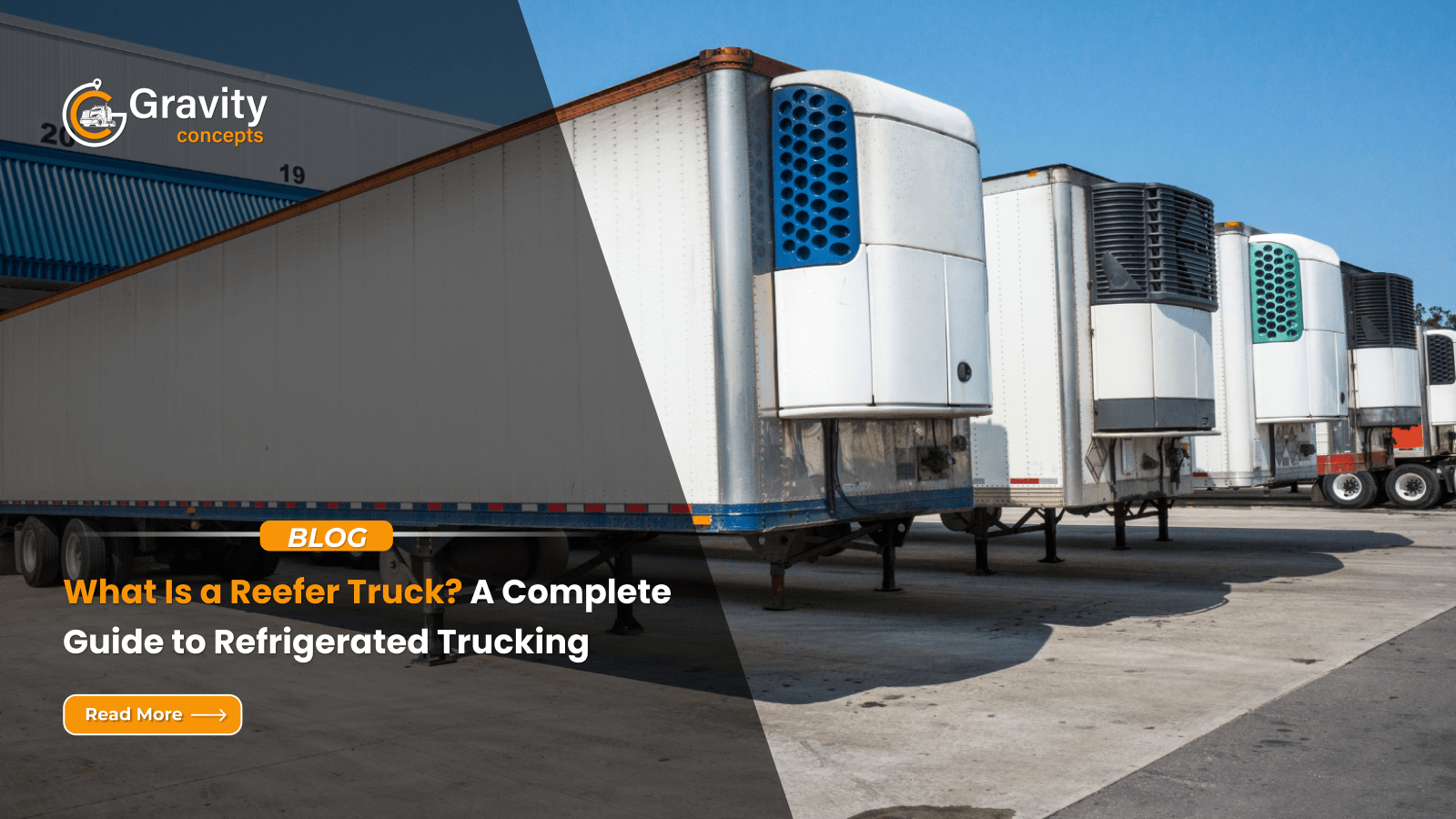
What Is a Reefer Truck? A Complete Guide to Refrigerated Trucking
In today’s fast-paced logistics world, the ability to move temperature-sensitive goods safely and efficiently is more crucial than ever. Whether it’s fresh produce, dairy products, pharmaceuticals, or frozen meats, many industries rely on refrigerated transportation. And that’s where reefer trucks come in.
This guide will walk you through everything you need to know about reefer trucks, how they work, and why they’re essential to modern supply chains.
What Is a Reefer Truck?
A reefer truck—short for “refrigerated truck”—is a type of freight vehicle equipped with a refrigeration unit that keeps goods at a controlled temperature during transit. Unlike dry vans, reefer trucks are specially designed to transport perishable and temperature-sensitive cargo over long distances.
These trucks can maintain temperatures ranging from below freezing to moderately warm, depending on the cargo’s needs. Most commonly, they are used to transport food, pharmaceuticals, flowers, and other items that require climate control.
How Does a Reefer Truck Work?
Reefer trucks come with built-in refrigeration systems powered by small diesel engines or electric power. These systems consist of:
- Evaporators to cool the air inside the cargo space
- Condensers that expel heat from the system
- Insulated walls to maintain consistent temperatures
- Temperature monitoring units for real-time tracking
The setup ensures that goods remain within a specific temperature range throughout the journey, making reefer trucking essential for cold chain logistics.
Reefer Box Truck vs. Straight Truck Reefer
You might come across terms like reefer box truck or straight truck reefer. While both are refrigerated vehicles, they serve slightly different purposes:
- Reefer Box Truck: Typically refers to smaller refrigerated trucks used for local deliveries. These are great for last-mile delivery in urban areas.
- Straight Truck Reefer: A single-unit truck where the cab and cargo area are built on the same chassis. These are versatile for medium-range hauls and are commonly used for LTL (less-than-truckload) shipments.
Both types ensure that temperature-sensitive products reach their destinations without compromising quality.
Why Is Reefer Trucking Important?
Reefer trucking plays a vital role in the transportation industry by:
- Maintaining product quality across long distances
- Supporting food safety regulations and compliance
- Reducing spoilage and minimizing financial loss
- Meeting healthcare and pharmaceutical requirements
With growing consumer demand for fresh and frozen products, the need for reefer transportation continues to rise.
Industries That Rely on Reefer Trucks
Refrigerated trucking supports a wide range of industries, including:
- Food & Beverage: Meats, dairy, frozen meals, produce
- Pharmaceuticals & Healthcare: Vaccines, medicines, lab samples
- Agriculture: Flowers, plants, and fresh farm produce
- Retail & Grocery: Storefront delivery of cold and frozen goods
Each of these industries depends on the safe and reliable transport of temperature-sensitive items, making reefer trucks a cornerstone of logistics.
Conclusion
Whether you’re a business owner shipping fresh products across states or a logistics planner managing cold-chain operations, understanding reefer trucks is key to ensuring safe and timely deliveries. They are more than just trucks with coolers—they are an essential part of a connected, quality-driven supply chain.
As demand grows for fresh and temperature-regulated goods, reefer trucking will continue to drive efficiency and innovation in freight logistics.



